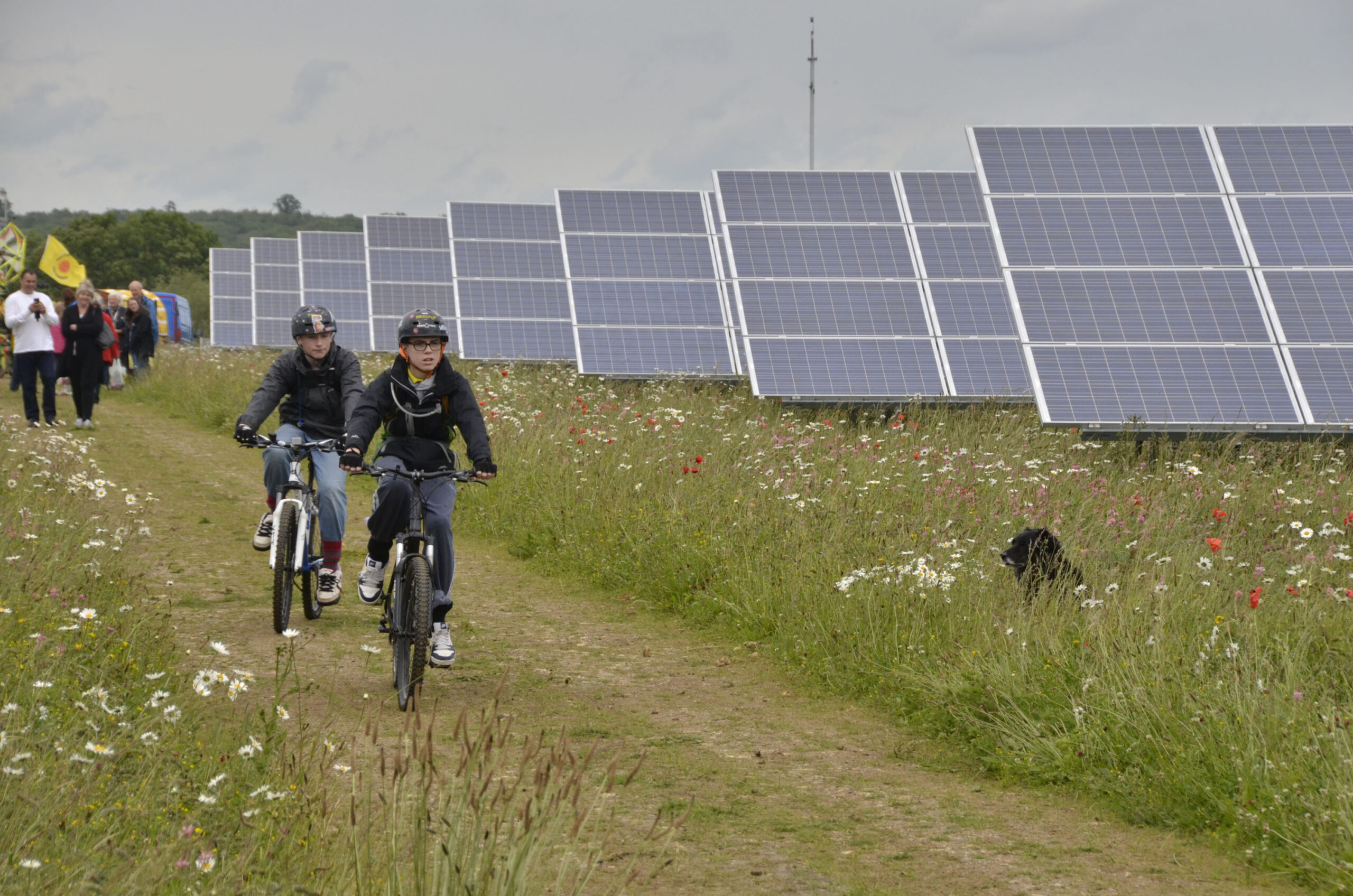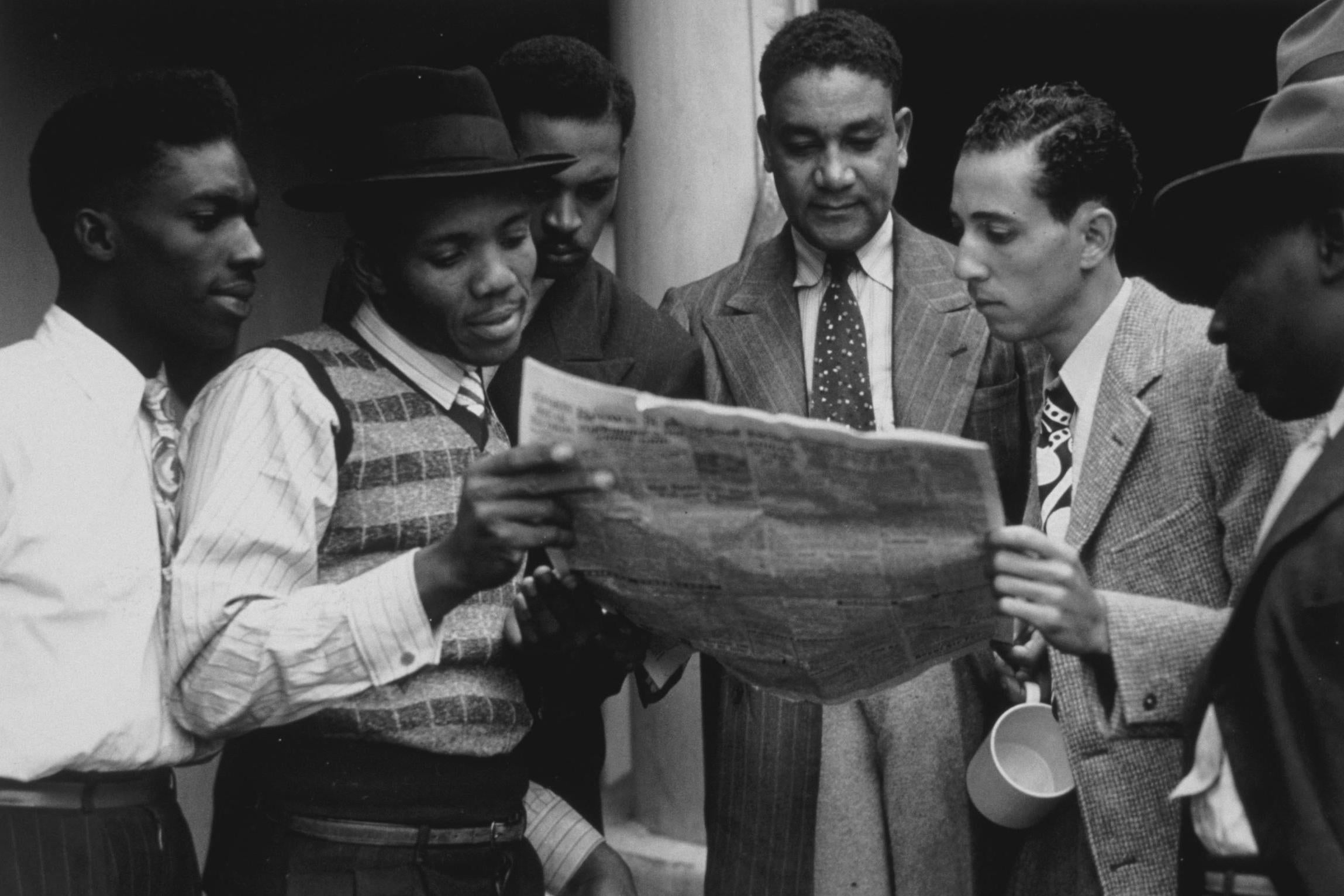Nweeda and Martyn are Preston City Council Councillors
Giving away that surplus appliance to a family member, friend or neighbour is an act of charity that makes you feel good. More recently, FareShare and other localised donation and distribution arrangements have harnessed this idea on a larger scale with surplus supermarket food.
FareShare work with supermarkets to redistribute food, which is often close to its use-by date, to families in need, helping feed those below the poverty line and cut down on waste. Over a year in 2018/19, FareShare distributed food that contributed towards 57.3 million meals helping nearly 1 million families a week.
However, while these schemes undoubtedly make a difference they are allied with the groups doing the initial damage. The two biggest supermarkets in the UK still refuse to pay the Living Wage Foundation’s Living Wage rate, driving many of their employees to food banks, while also contributing heavily to the country’s carbon footprint. Tesco alone emits 3.42 million tonnes of carbon dioxide annually, so therefore maybe we should be looking for a new solution to reducing food poverty and cutting waste.
Throughout the pandemic, we have seen how local organising has been key to reducing food poverty as communities set up mutual aid groups and created food purchasing cooperatives. The demand for food subscription services has also boomed during Covid making this an ideal opportunity to spread these ideas and combat food poverty without the need for charity.
Food purchasing cooperatives have been springing up all over the country, led by the work of Cooperation Town, and Preston Council wants to facilitate this expansion in their city. Preston’s Labour administration came to prominence with the development of community wealth building and is a longstanding supporter of the cooperative movement and is therefore keen to apply those principles to solving the issues of food poverty.
They have recently won funding via Co-operatives UK to pilot food purchasing cooperatives that will source local produce at the lowest possible cost for those using food hubs. The three local organisations involved work mainly with BAME communities, who have been disproportionately affected by Covid, and will receive support from the Preston Cooperative Development Network (PCDN), cooperative development agency Stir to Action and a team from Cooperation Town, a new network of community-led food buying cooperatives.
Members, in return for a membership fee, will receive affordable food, sourced in bulk. The volunteer-led food hubs will be guided through the incorporation process at Companies House, with volunteers running the administration of the co-ops.
All of the members will receive democratic rights on a one member, one vote basis and get a say in the running and development of the co-op. Membership fees will include entitlement to the regular provision of fresh, local produce. These new co-ops will effectively become community services that link to local suppliers whose goods don’t travel thousands of miles wrapped in plastic.
The target is to replace the one million meals donated and distributed in Preston during the pandemic with an economically sustainable service that helps reduce food poverty and carbon emissions. The model has several advantages for the local community. A not for profit operator replaces the ‘middle man’ in the existing model. Food purchasing cooperatives will empower residents to make their collective resources go further, allowing them to access better food at a better price. This organising is key to reducing food poverty at source and will additionally help cut down on emission and waste, both plastic and surplus food.
The very nature of the co-op will give many people their first experience of democratising their (albeit limited) wealth and help develop a sense of their power as a consumer and an owner of a purchasing collective. The formalised network could also be the catalyst for families to work together to share recipes and advice.
As the pilot projects develop, the new co-ops and the PCDN will share their learning with Preston’s Community Food Hub Network, which has played a crucial role in supporting communities across the city during the pandemic.
Project partners will also reach out to other cooperative food initiatives in Preston. One such project, The Larder, a sustainable food charity and worker cooperative, has already been running cooking classes for children throughout the school holidays. The food for this scheme is purchased using vouchers that can only be spent at the municipally-owned market. The Larder is also a chief partner in developing a community farm and has held exploratory talks regarding a potential local crypto-currency to fund environmental projects.
All these strands are designed to create a community-led solution to food poverty, cutting the problem at its source; by making locally produced food more affordable and accessible, while reducing emissions and making over-production unprofitable for global retailers.
Food purchasing cooperatives are springing up in towns all over the UK; the cooperative movement should be striving to give every area access to such a scheme. If you want to get involved, you can find a directory of food cooperatives here and if you fancy starting one for your community, Co-operation Town can provide details and support.
Mutual Interest is also a co-operative, owned democratically by the readers and the writers. Join us now and, as a member, you can vote for your favourite articles and we will distribute our funds accordingly.




